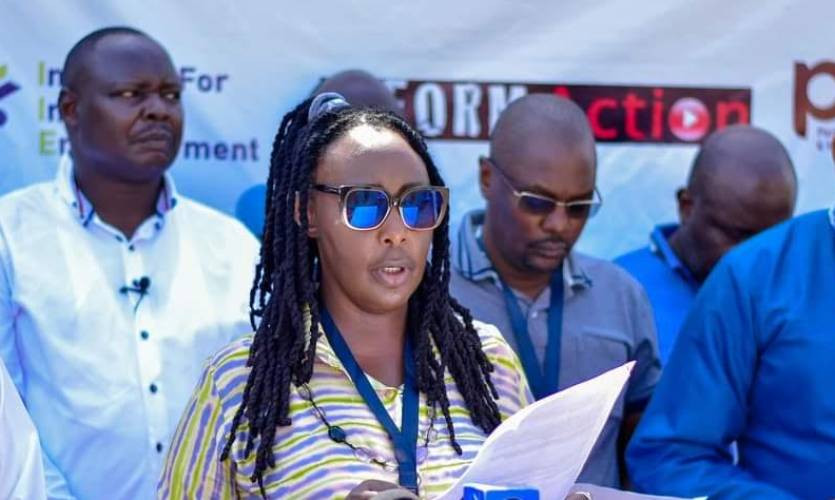×
The Standard e-Paper
Join Thousands of Readers

Audio By Vocalize

IMLU executive director Grace Wangechi flanked by other leaders of human rights organizations at a press briefing at the Civic Space Protection Summit.
As the Kenya Kwanza government marks two years in office, boasting of milestones, civil society and human rights groups have raised concerns over the growing disregard for human rights and democratic processes.